Janie Readman on Chol Theatre, who deliver drama-based theatre to increase literacy attainment
August 25, 2016
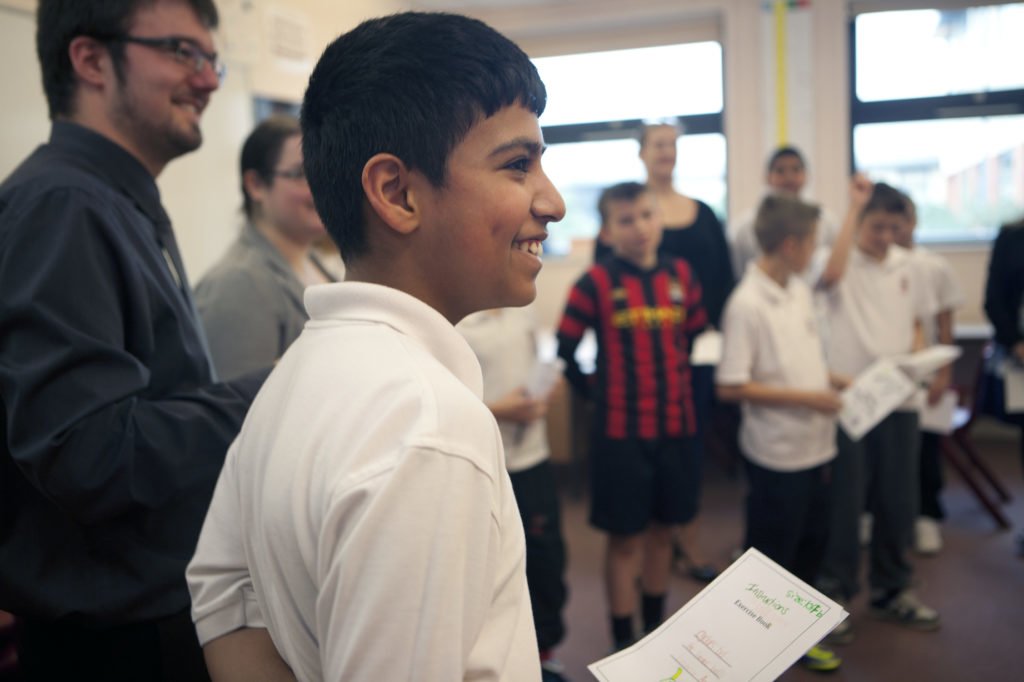
With SAT tests being one of the most hotly debated topics in our education system and news, is it time to look at more creative forms of teaching and learning that still fit within the framework of our current curriculum?
Chol Theatre has been doing exactly that. They are a professional arts and theatre company based in the Lawrence Batley Theatre in Huddersfield. Partnering with Yorkshire schools, the Huddersfield-based theatre company has been delivering drama-based learning in a program known as Imaginary Communities in a bid to increase literacy attainment, reduce exclusion, and establish a truly creative and cultural education in schools.
Developed in 2010, trials and research took place over two years. Funded through and supported by Arts Council England, Paul Hamlyn Foundation, and CAPE UK, Imaginary Communities currently engages with 40 classes of children across 10 primary and secondary schools in Yorkshire. With funding secured for the 2016-17 academic year, there are high hopes that the Yorkshire-born initiative will become a national programme, reaching children across the entire UK.
Through Imaginary Communities, teachers, children, and artists work together to create fictional characters and worlds to inspire learning through and beyond the curriculum. This arts education programme is having an extraordinary impact on the engagement and attainment of children and young people.
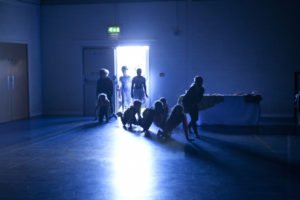 It was identified that ‘at risk’ children need to regain trust of the school environment and develop more positive control over their own learning to enable them to feel physically and emotionally safe. Imaginary Communities target this head-on and has been proven to reduce school exclusions by over 80% and increase attainment and literacy by over 70%.
It was identified that ‘at risk’ children need to regain trust of the school environment and develop more positive control over their own learning to enable them to feel physically and emotionally safe. Imaginary Communities target this head-on and has been proven to reduce school exclusions by over 80% and increase attainment and literacy by over 70%.
Vicky Sawka, Creative Projects Director at Chol Theatre explains: “From my research I have found that well-crafted, collaborative drama projects actively engage all pupils in meaningful learning experiences in the classroom. I firmly believe that inclusion is why this programme has seen such positive results, we work with children who are at risk of exclusion alongside their peers in the classroom. Everyone is equally involved. It’s rich, contextualised learning, anyone can be what he or she wants to be within a devised setting. We provide the environment to create an imaginary world with ample space for creativity. It’s fun and enjoyable, nothing is forced, and the children respond positively. Even the teacher makes up their own character as nothing is set in stone. The art-form establishes a more creative, cultural and responsive learning environment, developing the personal, social, communication and creative skills of all participants.”
Working closely with schools, teachers and key University partners, including the University of Warwick, University of Manchester, and Leeds Beckett University, Vicky and her team of artists spend considerable time in schools.
Dr Jenny Hughes, Senior Lecturer at University of Manchester, comments: “The Imaginary Communities programme is an approach that keeps the core values of work intact whilst being feasible for the pressured environments of contemporary schools. It’s a real gift for teachers too because there’s an opportunity to be really creative inside a constrained and constraining curriculum.”
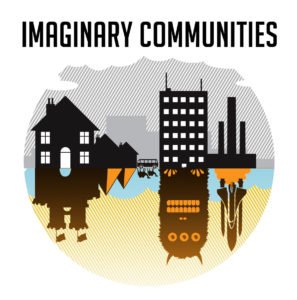 Haseem is a year 5 pupil from Rotherham who was identified as someone who needed additional support. Haseem was only in school on a part time basis as he spent the remainder of his time at a local Pupil Referral Unit (PRU’s deal with the most troubled and disruptive of pupils and those that have emotional, mental, or physical health issues which stop them attending a mainstream school. The end goal is often to reintegrate the pupil back into their state school).
Haseem is a year 5 pupil from Rotherham who was identified as someone who needed additional support. Haseem was only in school on a part time basis as he spent the remainder of his time at a local Pupil Referral Unit (PRU’s deal with the most troubled and disruptive of pupils and those that have emotional, mental, or physical health issues which stop them attending a mainstream school. The end goal is often to reintegrate the pupil back into their state school).
Being a part of Imaginary Communities had an immediate positive impact on the amount of time Haseem was able to work well and remain in the mainstream classroom. He reduced his exclusion days by 30% during the project and the following term. The Chol artist and teacher saw his engagement grow over a matter of weeks and this resulted in a full and positive session of practical engagement with his peers. To begin with Haseem didn’t join the lesson but stood at the door watching for a long time, the teacher saw this as a positive step, demonstrating he harboured an interest for the project. It took a couple of sessions for Haseem to actively join in the Imaginary Communities drama. When he did, he chose his own imaginary character, becoming the King of the country and a VIP guest at a celebration stadium.
Chol Artist, Carly-Ann elaborates on Hasseem’s work: “On one particular day, the teacher informed me that Haseem had had a really difficult week, emotionally and physically he wasn’t in a good place and he was involved in a horrible fight the day before my session and refused to stay in any lessons. The Imaginary Communities session on the Friday afternoon was the only lesson he had remained in for the full hour that week.”
Not only does Imaginary Communities support those children deemed most at risk it also helps higher ability children to extend their engagement and attainment and EAL children (English as an additional language) to develop their spoken and written English, but the initiative clearly excels with those who are deemed well below the national average.
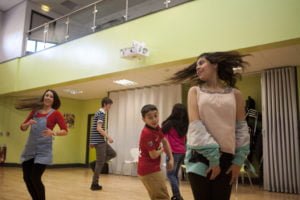 Vicky concludes: ‘Schools are getting bigger and the challenges more complex. As a nation we are inundated with education news, whether it’s concerns about academies or parents upset over not getting their preferred school, schooling is never far from the headlines. Teachers need to develop new strategies to deal with this changing educational landscape. For children with literacy challenges moving back from modular to exam-based learning, with spelling and grammar now comprising 20% of the GCSE mark, means room for creative approaches is squeezed. However, these barriers make a tangible programme like Imaginary Communities even more relevant as schools search for ideas to engage the harder-to-reach child. Imaginary Communities can foster an excitement about learning and create positive impacts even within a more formal curriculum and we relish the opportunity to continue proving this by working with more and more schools across the UK. Experiencing drama and theatre at school should be a right of every child.’
Vicky concludes: ‘Schools are getting bigger and the challenges more complex. As a nation we are inundated with education news, whether it’s concerns about academies or parents upset over not getting their preferred school, schooling is never far from the headlines. Teachers need to develop new strategies to deal with this changing educational landscape. For children with literacy challenges moving back from modular to exam-based learning, with spelling and grammar now comprising 20% of the GCSE mark, means room for creative approaches is squeezed. However, these barriers make a tangible programme like Imaginary Communities even more relevant as schools search for ideas to engage the harder-to-reach child. Imaginary Communities can foster an excitement about learning and create positive impacts even within a more formal curriculum and we relish the opportunity to continue proving this by working with more and more schools across the UK. Experiencing drama and theatre at school should be a right of every child.’
For more information about Imaginary Communities, contact Vicky Sawka on 01484 536008 or email her on [email protected].
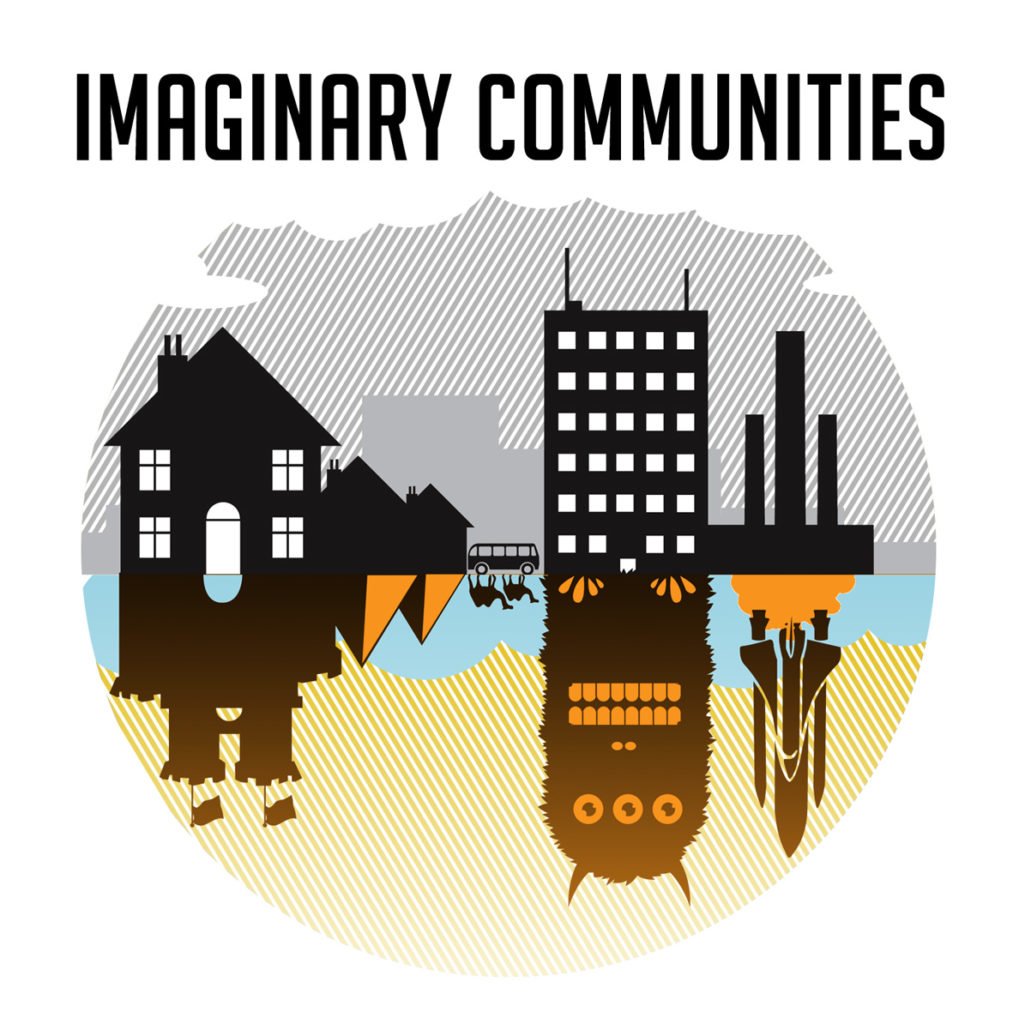
Filed under: Art & Photography, Theatre & Dance
Tagged with: chol theatre, drama, education, imaginary communities, literacy, SATS, schools, theatre

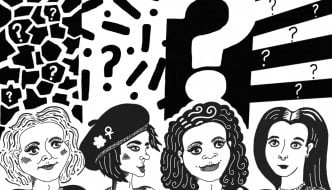
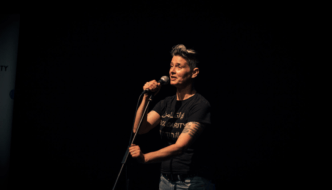
Comments